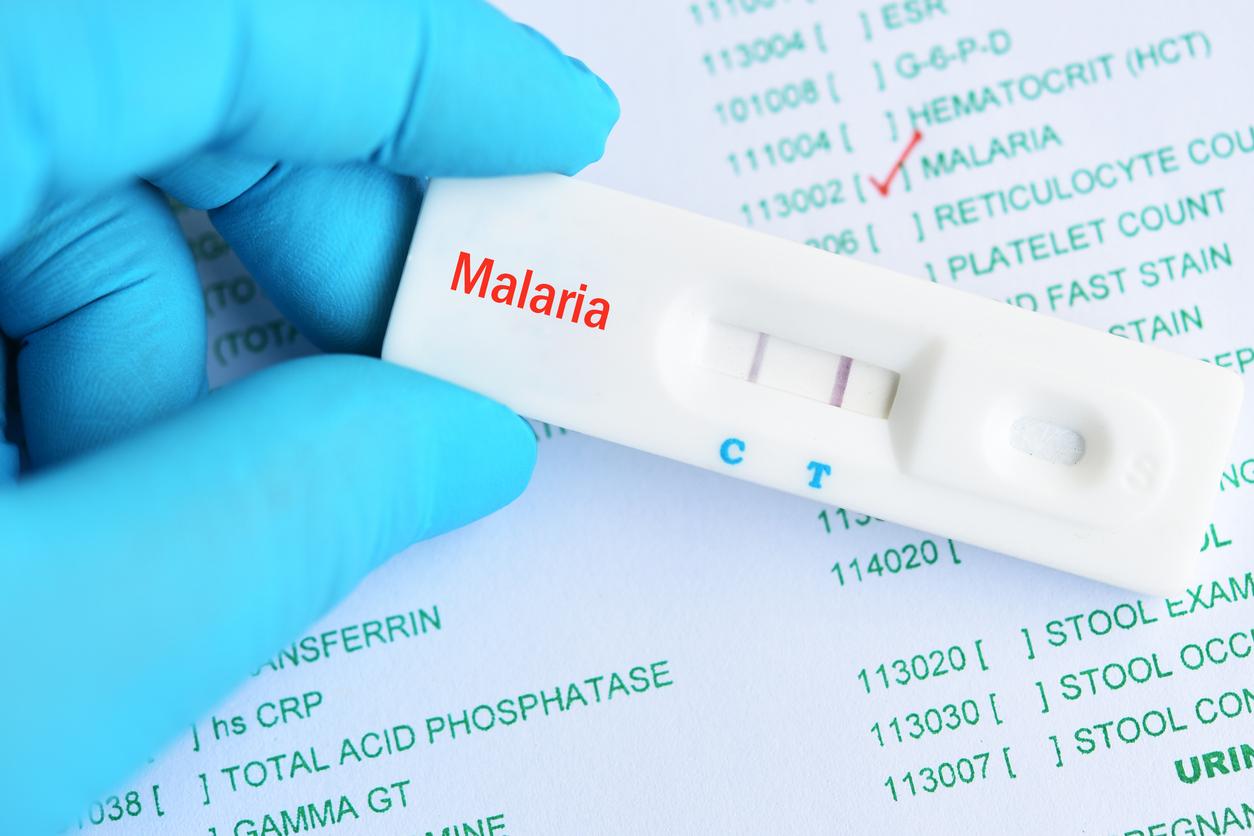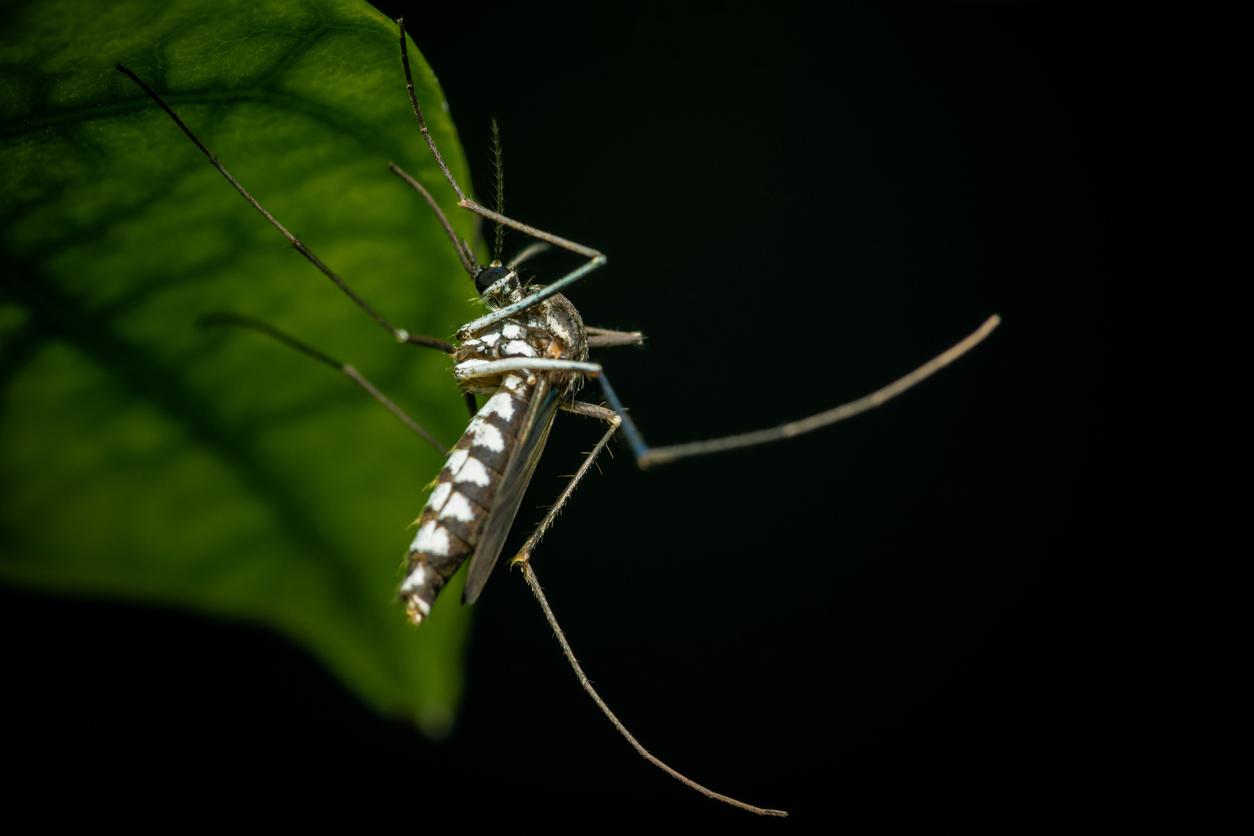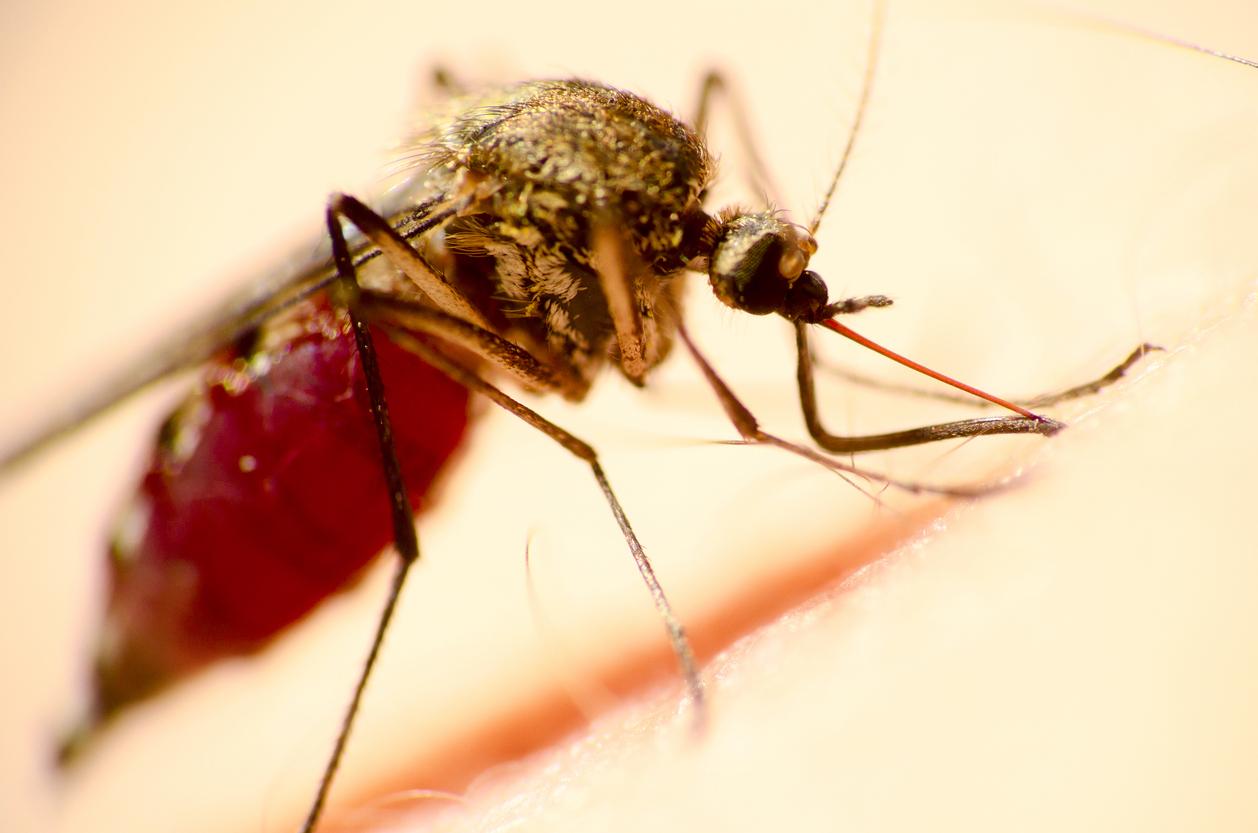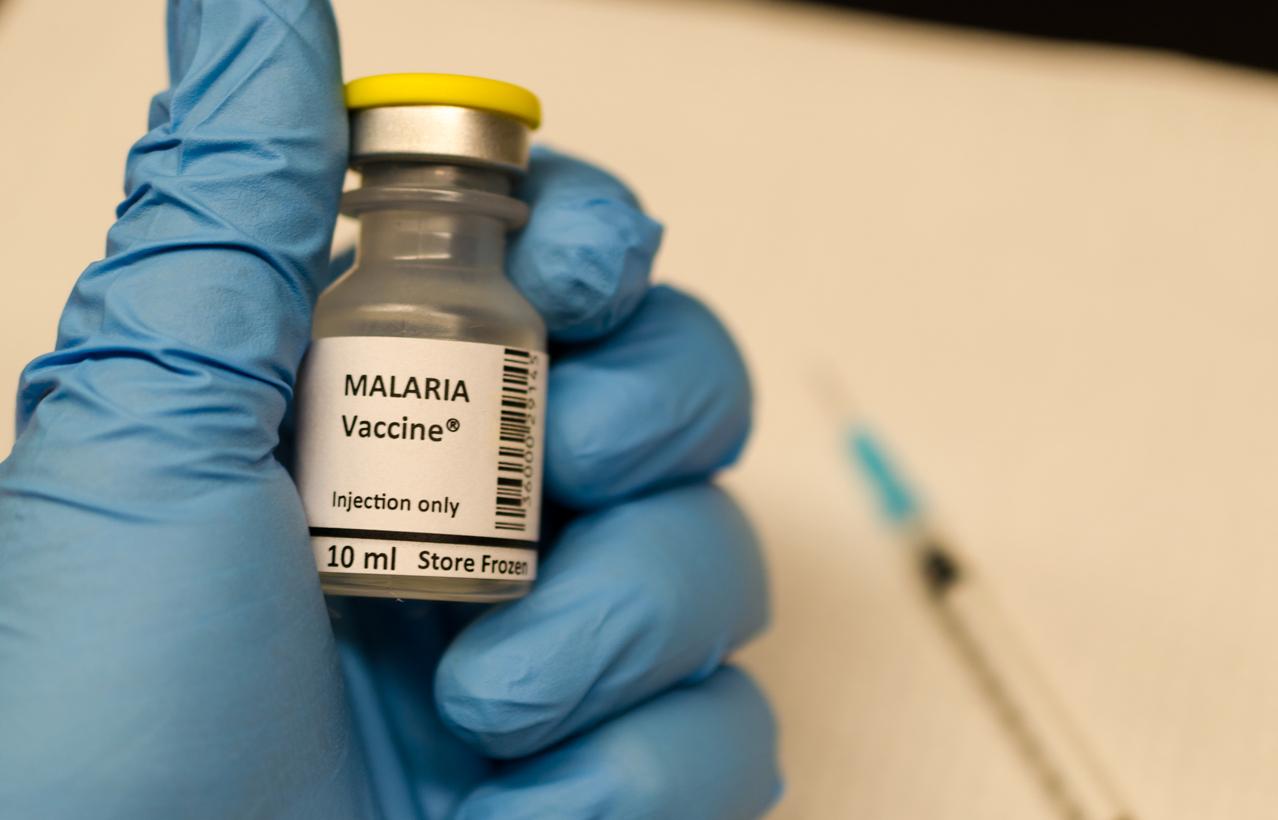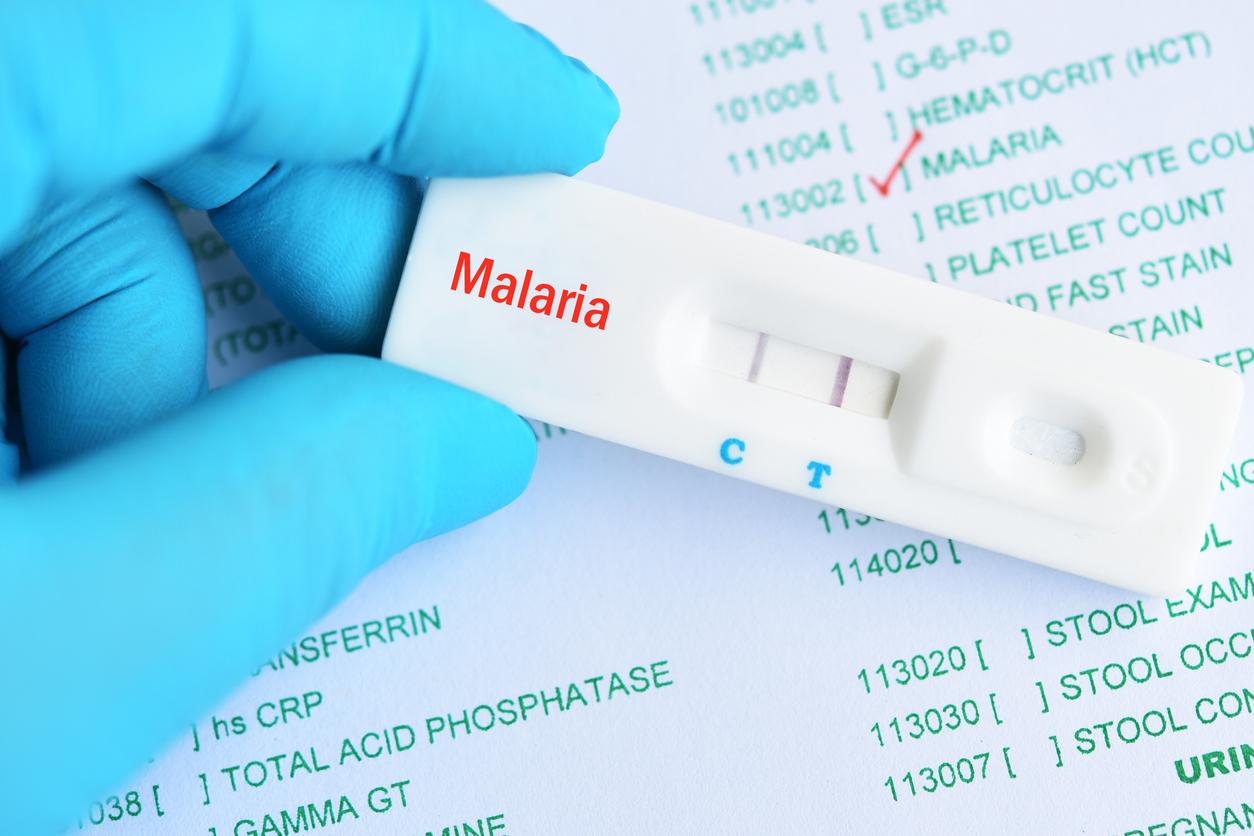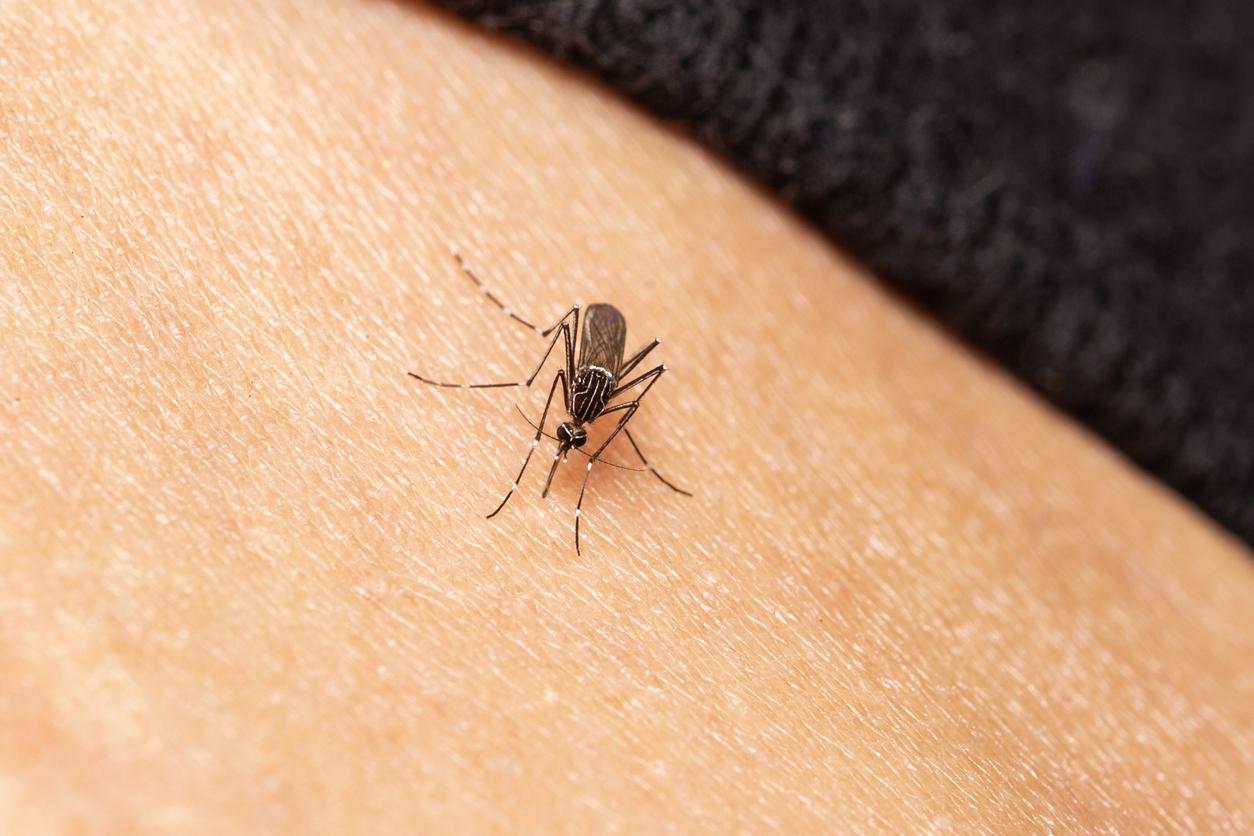Good news at last ! This Wednesday, June 30, 2021, theWorld Health Organization (WHO) announced that China had succeeded in eliminating malaria. The Chinese state, which had around 30 million cases of malaria per year in the 1940s, has not reported a single indigenous (ie domestically acquired) case for the past 4 years.
“We congratulate the Chinese people for ridding the country of malariasaid Tedros Adhanom Ghebreyesus, the director general of the WHO. China joins a growing number of countries showing that a malaria-free future is possible. This hard-earned success is the result of decades of focused and sustained action.“
China is, to date, the 40th country to obtain this validation from the WHO, just after El Salvador (2021), Algeria and Argentina (2019).
Malaria is most prevalent on the African continent
Malaria is an infectious disease caused by a parasite of the genus Plasmodium. The disease is transmitted to humans through the bite of an infected mosquito. After an incubation period of between 8 and 30 days, malaria causes fairly general symptoms: fever, headache, muscle pain, weakness, vomiting, diarrhea, cough…
The disease is potentially fatal: according to the WHO, 409,000 people worldwide died from it in 2019. Malaria mainly kills children before the age of 5 – death can occur due to severe anemia , respiratory distress or brain damage.
Which countries are most affected by malaria? In 2019, according to the WHO, around 94% of malaria cases (and deaths) occurred on the African continent. The countries most concerned are Nigeria, the Democratic Republic of Congo, Tanzania, Burkina Faso, Mozambique and Niger.
Read also :
- Preparing for your trip reduces the risk of malaria
- Malaria: an innovative vaccine tested in Malawi
- Malaria: WHO predicts eradication by 2030











